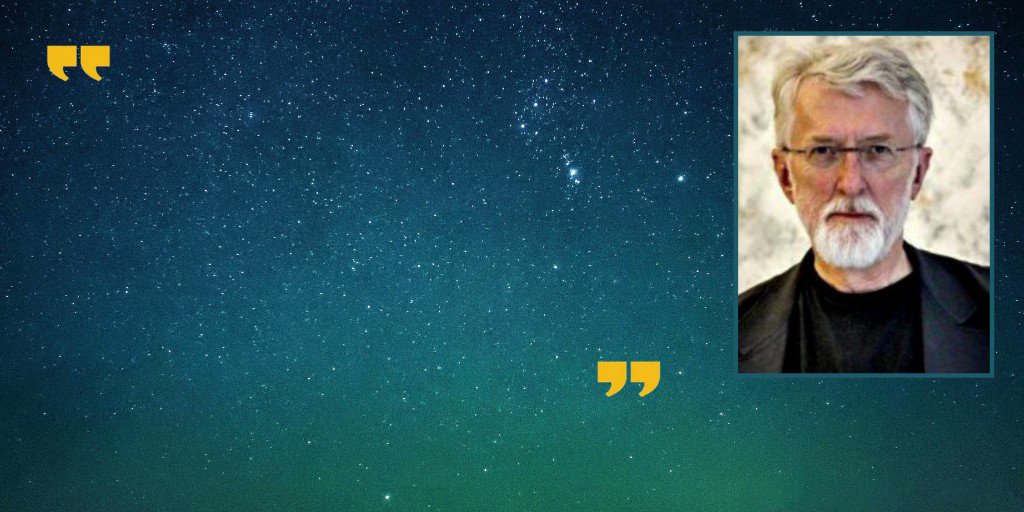Jyoti Kalash
4:22
4:25
4:27
4:32
4:35
4:36
4:36
4:37
4:39
4:39
4:40
4:40
4:41
4:41
4:42
4:42
4:43
4:44
4:45
4:45
4:46
4:46
4:47
4:47
4:48
4:48
4:48
4:49
4:49
4:50
4:52
4:52
4:52
4:52
4:53
4:54
4:54
4:54
4:56
4:57
Connecting…













